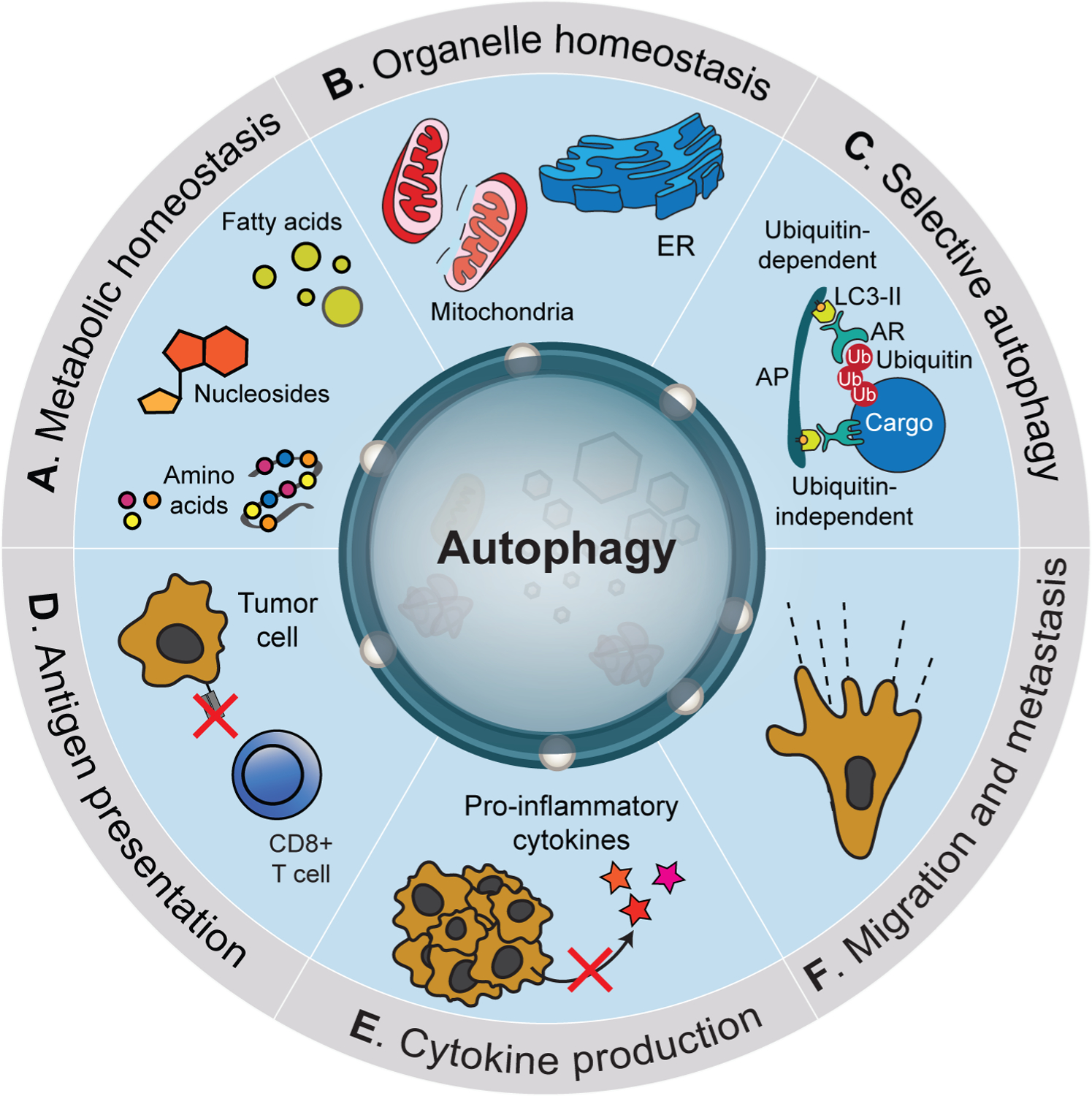Figure 3: Tumor cell autonomous functions of autophagy in cancer.

Tumor cell autonomous functions of autophagy. Cancer cells utilize autophagy to regulate diverse pro-tumorigenic functions. These include maintenance of metabolic homeostasis (A) via the capture of diverse cellular macromolecules followed by degradation and recycling in lysosomes. Autophagy is required for ensuring organelle quality control through targeted elimination of damaged components (B). Targeted elimination of cellular components is mediated through selective forms of autophagy that utilize autophagy receptors (AR) that can function in a Ub-dependent or independent manner (C). Autophagy regulates multiple components of the inflammatory/immune response including negative regulation of antigen presentation (D) and reduced production of pro-inflammatory cytokines (E). Several studies have also implicated autophagy activation during metastasis including both positive and negative roles (F).
